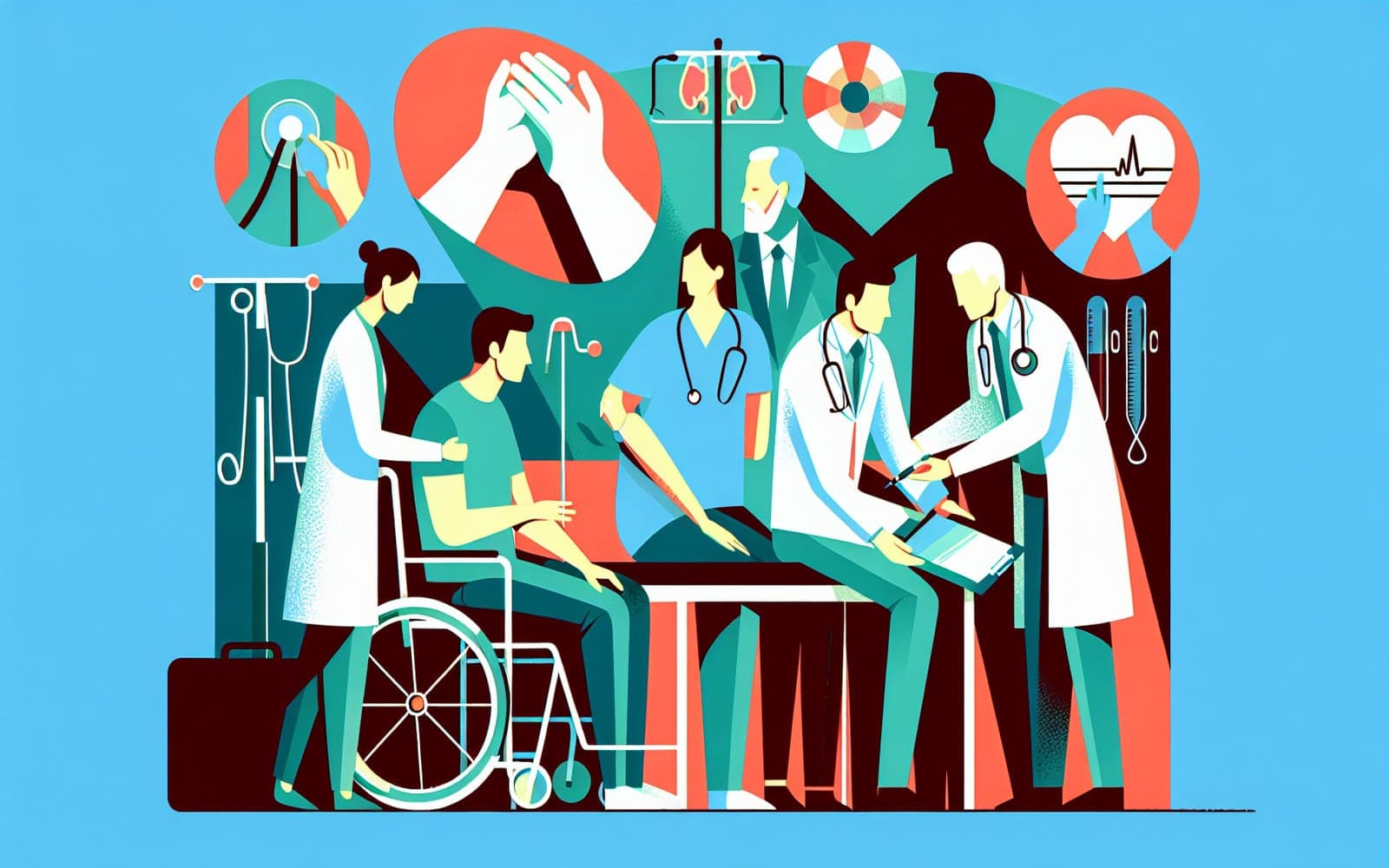Cracking the Code: How Doctors Diagnose Muscle Weakness
Published: Aug 21, 2024
Diagnosing muscle weakness is like solving a complex puzzle. Doctors use a combination of clinical skills and advanced tests to uncover the underlying cause.
Contents
The Power of the Physical Exam
A thorough physical examination is the cornerstone of diagnosing muscle weakness. Doctors assess muscle strength, bulk, and reflexes. They look for patterns of weakness and any associated symptoms. This hands-on approach provides crucial clues about the potential cause of weakness.
Blood Tests: Measuring Muscle Health
Blood tests play a vital role in evaluating muscle weakness. Doctors often check levels of muscle enzymes like creatine kinase (CK) and aldolase. Elevated levels can indicate muscle damage. Other blood tests may look for signs of inflammation, hormone imbalances, or genetic markers associated with muscle disorders.

Advanced Diagnostic Techniques
When initial tests are inconclusive, doctors may turn to more specialized diagnostic tools. Electromyography (EMG) measures electrical activity in muscles and nerves. Imaging studies like MRI can reveal structural changes in muscles. In some cases, a muscle biopsy may be necessary to examine muscle tissue directly under a microscope.
Frequently Asked Questions
No, it's typically reserved for cases where inherited disorders are suspected.
It varies, but can take weeks or months in complex cases.
Most are painless, though EMG and muscle biopsy may cause temporary discomfort.
Key Takeaways
Accurate diagnosis of muscle weakness often requires a combination of clinical expertise and advanced testing techniques.
Wondering about the best approach to diagnose your muscle weakness? Consult with Doctronic to explore your options.Related Articles
References
Lacomis D. Electrodiagnostic approach to the patient with suspected myopathy. Neurol Clin 2012; 30:641.
Kumar Y, Wadhwa V, Phillips L, et al. MR imaging of skeletal muscle signal alterations: Systematic approach to evaluation. Eur J Radiol 2016; 85:922.
Always discuss health information with your healthcare provider.

